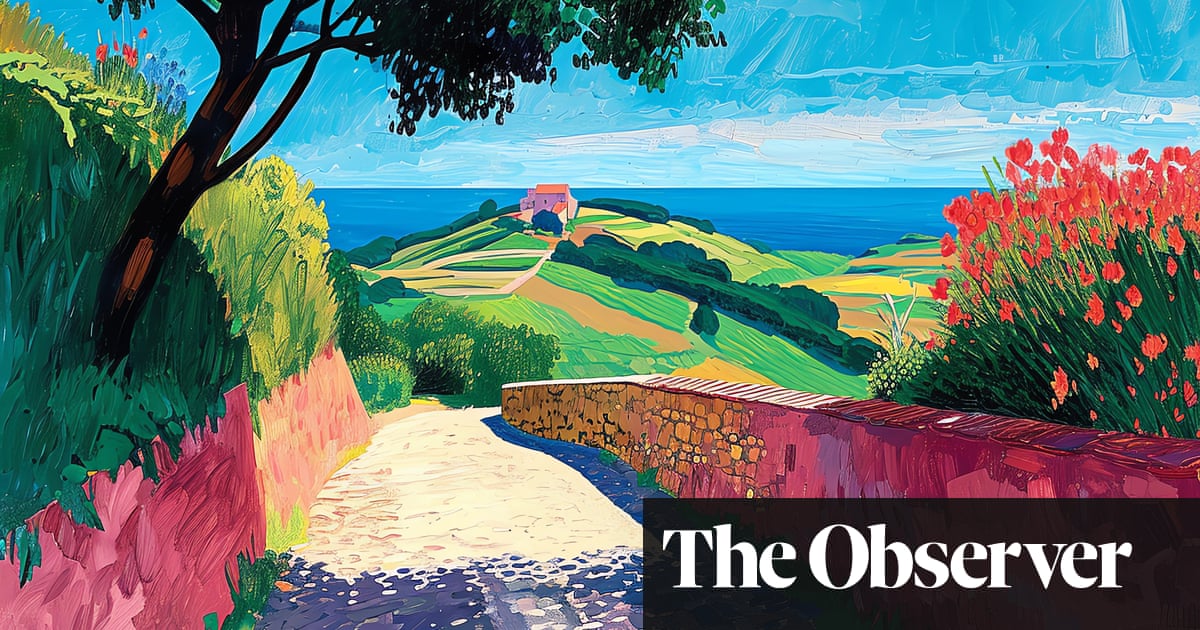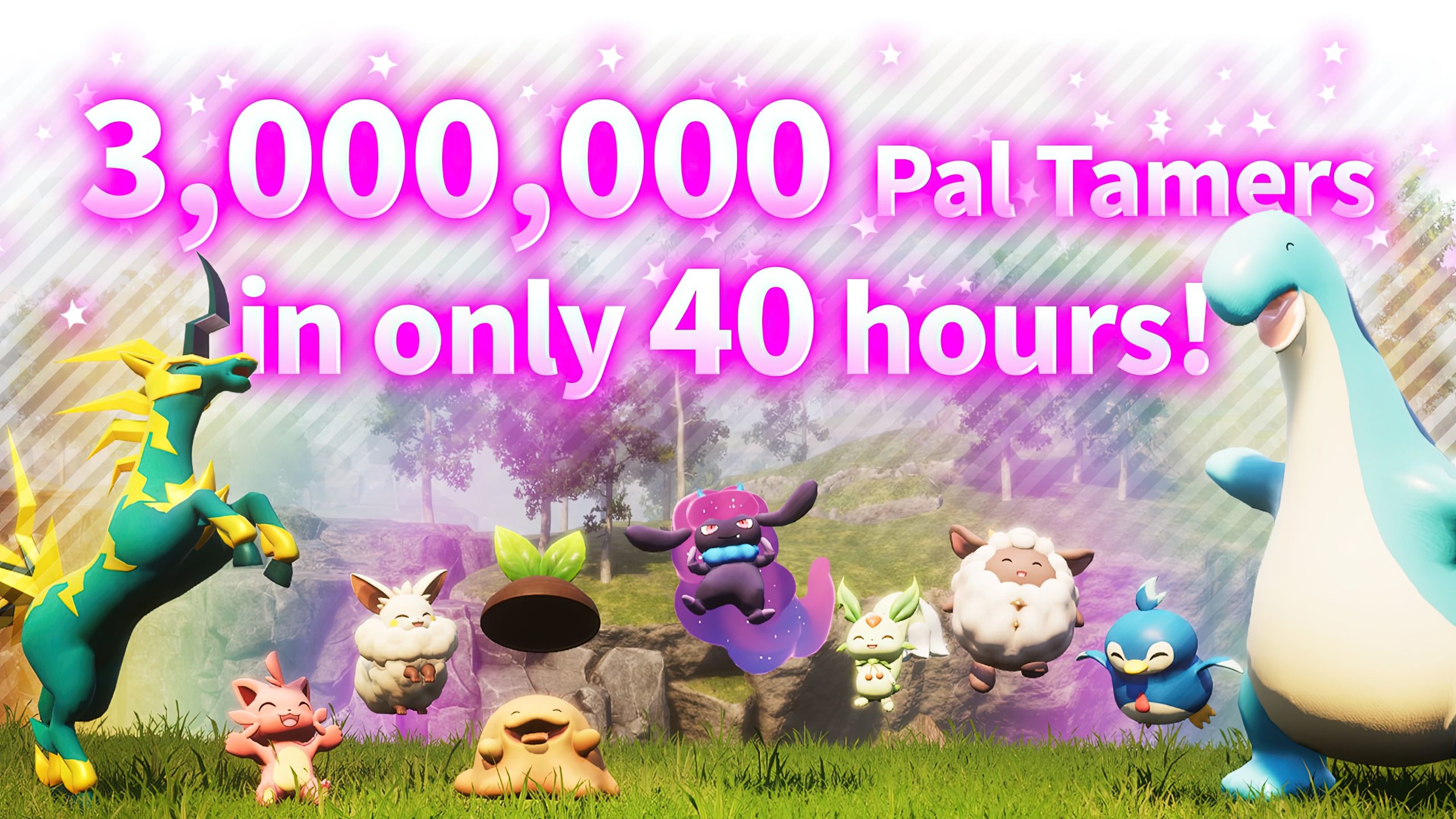Since the emergence of Midjourney and other platforms that generate images, artists have been deliberating on whether AI presents a significant opportunity or a potential existential threat. The recent revelation of a list of 16,000 artists whose artworks were reportedly used by Midjourney to train its AI, including notable names such as Bridget Riley, Damien Hirst, Rachel Whiteread, Tracey Emin, David Hockney, and Anish Kapoor, has prompted the art community to unite against these technological entities.
British artists have been in contact with legal experts in the United States to explore the option of participating in a collective lawsuit against Midjourney and similar AI firms. Some artists have expressed their intention to pursue legal action independently in the UK, as reported by the Observer.
Tim Flach, the president of the Association of Photographers and a highly acclaimed photographer featured in the aforementioned list, stressed the significance of solidarity among artists in tackling this issue. He has shown willingness to engage in such collective efforts.
A detailed roster of names, spread across 24 pages and identified as Exhibit J, has been included in a class action lawsuit initiated by ten American artists in California against Midjourney, Stability AI, Runway AI, and DeviantArt. Matthew Butterick, a legal representative for the artists, revealed that there is global interest from artists, including those in the UK.
The deadline for the tech companies to address the allegations is scheduled for 8 February, with Midjourney yet to provide any official statements upon request.
The lawsuit argues that despite the extravagant descriptions used by the defendants to promote their AI-generated image products, the actuality is far less honorable: these products predominantly function as tools for circumventing copyright laws, providing customers with the illusion of creativity without adequately compensating the original artists.
While AI offers the potential to bring to life visual concepts described verbally, this potential is limited by the presence of pre-existing visual components. Artists have identified cases where Midjourney produces images remarkably similar to their original works, which they perceive as instances of replication. Furthermore, the software allegedly enables – and even encourages, according to the lawsuit – users to specify a particular artist’s distinct style.
Flach, renowned for his distinctive animal portraits that portray creatures like snow leopards and bats in a humanized studio environment, highlighted the contrast between the significant time and resources invested in his projects and the instantaneous replication capabilities of AI generators. Notably, some generated images feature animals with markings identical to those in his photographic sessions.
The replication of artists’ styles is deemed a crucial concern by Flach, who argues that imitating an artist’s unique approach essentially robs them of their livelihood. A recent survey conducted by the Design and Artists Copyright Society (DACS) indicated that a substantial majority of artists and agents advocate for governmental intervention to regulate generative AI and protect the creative industry’s contributions to the UK economy.
DACS proposes a licensing framework similar to the royalties system utilized by platforms like Spotify, with the aim of ensuring fair compensation and recognition for artists whose creations are used to train AI models. The recent multi-billion-dollar AI deal between Vodafone and Microsoft underscores the significant financial interests at play in AI advancement.
Getty Images has taken legal action against Stability AI, alleging copyright violations related to their photographic content. Concurrently, researchers at the University of Chicago have developed a tool for artists to embed in their online images, intended to disrupt AI databases.
Renowned fine art photographer Julia Fullerton-Batten, known for her intricate visual narratives depicting historical events, expressed astonishment upon finding her name on the Midjourney list. She plans to take steps against potential plagiarism of her work, underscoring the necessity for artists to collectively address these infringements.
While some artists perceive AI as a contentious issue that requires opposition, others are contemplating the possibility of harnessing AI in artistic creation. The ongoing discussion regarding AI’s role in artistic production reflects broader inquiries into creativity, inspiration, and intellectual property rights in the digital era.





